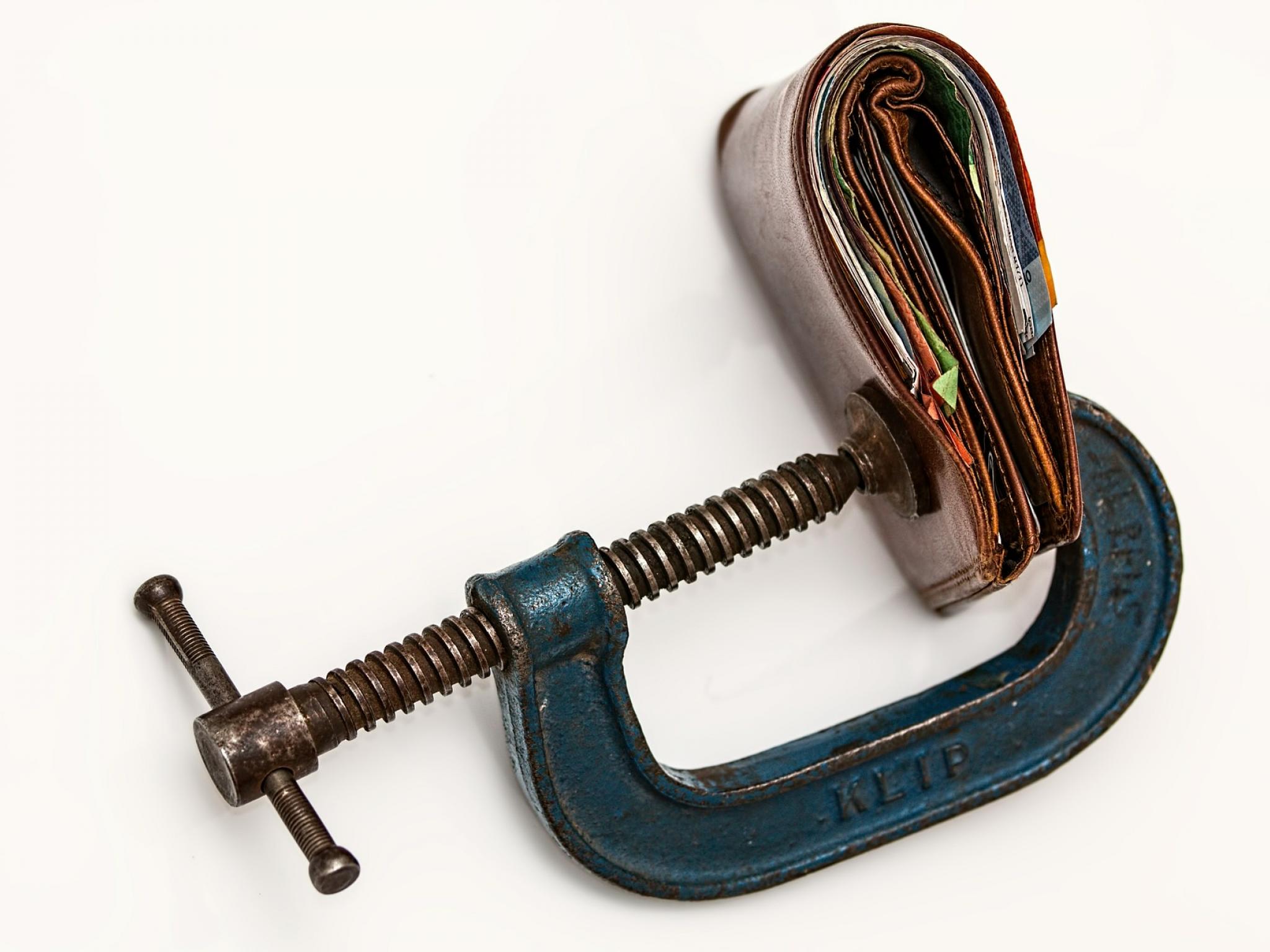
In a poll conducted on Oct. 30 of 1,500 eligible voters in the U.S., 61% of respondents said that President Joe Biden and his policies are "significantly" or "fairly" to blame for the country's 40-year-high inflation rate.
Forty-three percent of respondents blamed Biden and his policies significantly for inflation, 18% blamed the president fairly, and 17% blamed him and his policies only slightly.
Another 23% said the president had nothing to do with inflation.
The 23% may be right.
What Happened: Greg Ip, chief economics commentator at the Wall Street Journal, said Friday that those 61% of voters who hold Biden “significantly” or "fairly" responsible for inflation should take a look at other countries struggling with the same problems — and other economic factors at play.
Americans inclined to blame their economic problems on American policies should check out how other countries are experiencing much the same thing. https://t.co/wrIpTcFuWS
— Greg Ip (@greg_ip) November 4, 2022
What does Ip mean? Let’s talk real wages.
The November Monetary Policy Update from the Reserve Bank of Australia (RBA) highlighted how severely the current slow wage growth and rapidly rising inflation are affecting Australian workers.
It’s not just the United States.
The RBA projected in August that wage growth would be 3% from the beginning of the year through December 2022. It was just increased to 3.1%.
That would imply that things are more favorable for workers, right? Well, the RBA’s estimate for inflation saw a 0.02% uptick from the 7.8% it had in August to now 8%.
That represents a Real Wage fall of 4.54% compared to its estimate in August of 4.45%.
What about here in the States?
The situation isn’t much better.
Why It Matters: Real average earnings for all employees were up 4.7% year-over-year and increased 0.4% from September, seasonally adjusted, the U.S. Bureau of Labor Statistics reported earlier Friday. That’s great news.
Yet the department reported that top-line inflation rose 0.4% in September on a seasonally adjusted basis, with a trailing 12-month increase of 8.2% before seasonal adjustment.
That’s the bad news.
All told, real average hourly earnings, when accounting for inflation, actually decreased 0.1% for the month and decreased 3% year over year.
It's another setback for workers attempting to recover from the impacts of high prices at a time when the Fed is seeking to limit household spending by raising interest rates.







